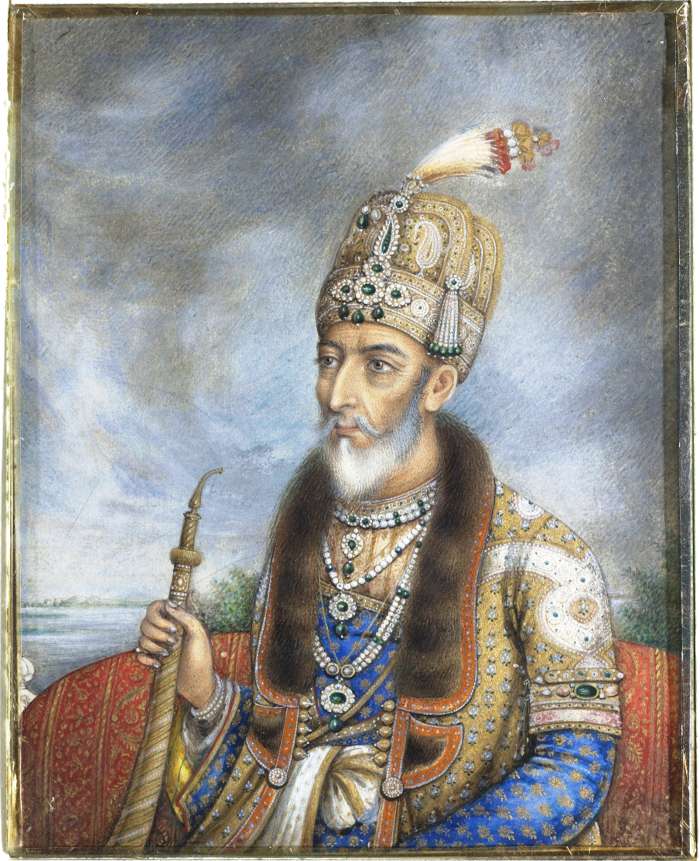FWP:
This whole ghazal has an unusual degree of internal coherence; for discussion, see {181,1}.
This tightly woven little ghazal, really a sort of ode, has now reached its triumphant conclusion, in a rhetorical question that connects a universal cosmic springtime to the King's restored health. Compare this verse to {180,6}, composed two years earlier, to celebrate a different royal recovery of health.
As Nazm points out, the wordplay of diin and dunyaa , 'faith' and 'world', is well established. The two words have a fine alliterative quality (more evident in the Urdu script, in which all three letters in the former are also contained in the latter); they are paired opposites that help to define each other. Here, of course, as Nazm also implies, there's no reason for the 'faith' in the second line except the echo the 'world' in the first line. That is certainly a sign of weak construction.
But then, it's hardly worth finding fault. This isn't really a 'ghazal' in the true Ghalibian mode. If he normally composed ghazals of such perfunctoriness and such third-rate quality, I wouldn't be interested enough to write this; and you wouldn't be interested enough to read it.
To feel the full force of the contrast between this and a real 'Ghalibian' ghazal, just go right on to {182,1}.
Note for grammar fans: On the translation of paa))ii as 'has obtained', see {38,1}.

Nazm:
In the first line of the closing-verse, there was the word 'world'. Through affinity with it, in the second line he has brought in the word 'faith'. (204)